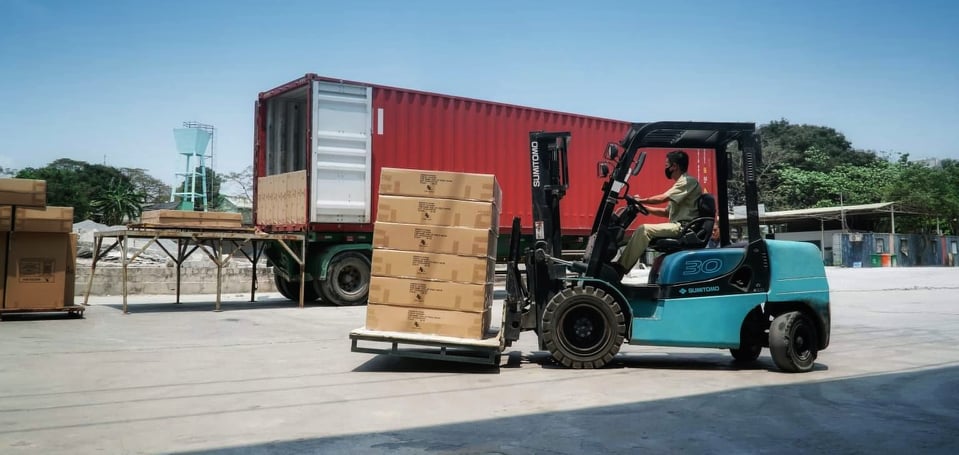The need for increased integrity in the global supply chain persists. The Cargo Integrity Group has updated its Quick Guide to the CTU Code and once more urges all involved in intermodal container transport to pay heed.
The multi-faceted group of originally five, now seven industry organisations, produced a Quick Guide to the IMO/ILO/UNECE Code of Practice for Packing of Cargo Transport Units (CTU Code) some two years ago.

The Quick Guide is designed to assist those responsible for packing containers and accurately declaring details of their contents to abide by the often-complex regulations contained in the voluminous CTU Code itself.
There is also a useful Checklist of actions required by packers and shippers of containers.
The Group believes that awareness of the CTU Code is pivotal to achieving safe and secure transport and has followed up the Quick Guide’s publication with provision of its full text in Arabic, Chinese, English, French, Russian, Spanish and Italian.

An update has now been made available, taking account of feedback, and is downloadable for free HERE

FIATA Director General Stéphane Graber commented, “Providing individuals responsible for packing containers, and in some cases for preparing documentation and declarations, with easier access to all-important safety guidelines in their own language, is key in order to make available practical cutting edge knowledge of packing.
Such information goes beyond maritime operations, reflecting the complexities of intermodal transport in modern day supply chains, and is key to keeping cargo logistics running efficiently.”
Failure to follow the CTU Code advice puts the people who keep the supply chain moving at risk, leading to incidents and accidents that are still all too common.
The Group believes that such tragedies in the supply chain are to be avoided – most vividly demonstrated by the too frequent occurrence of container ship fires – higher standards of cargo integrity.
“We are providing clearer guidance through our revised Quick Guide and Checklist to help those responsible for packing cargo transport units, and in particular intermodal containers, to understand the standards expected in international trade,” stated James Hookham, Director of Global Shippers Forum.

“The revised editions recognise the endorsement of all the partner organisations now active in the Cargo Integrity Group and their joint commitment to dissemination of this advice to their respective memberships and wider networks,” he concluded.

FIATA, the International Federation of Freight Forwarders Associations, was founded in Vienna, Austria on May 31st 1926. It is a non-governmental organisation that today represents an industry covering approximately 40,000 forwarding and logistics firms, employing around 10 million people in some 160 countries.
FIATA has consultative status with the Economic and Social Council (ECOSOC) of the United Nations (inter alia ECE, ESCAP, ESCWA, etc.), the United Nations Conference on Trade and Development (UNCTAD), and the UN Commission on International Trade Law (UNCITRAL) as well as many other UN related bodies, e.g. the World Bank.
It is recognised as representing the freight forwarding industry by many other governmental organisations, governmental authorities, private international organisations in the field of transport and logistics















